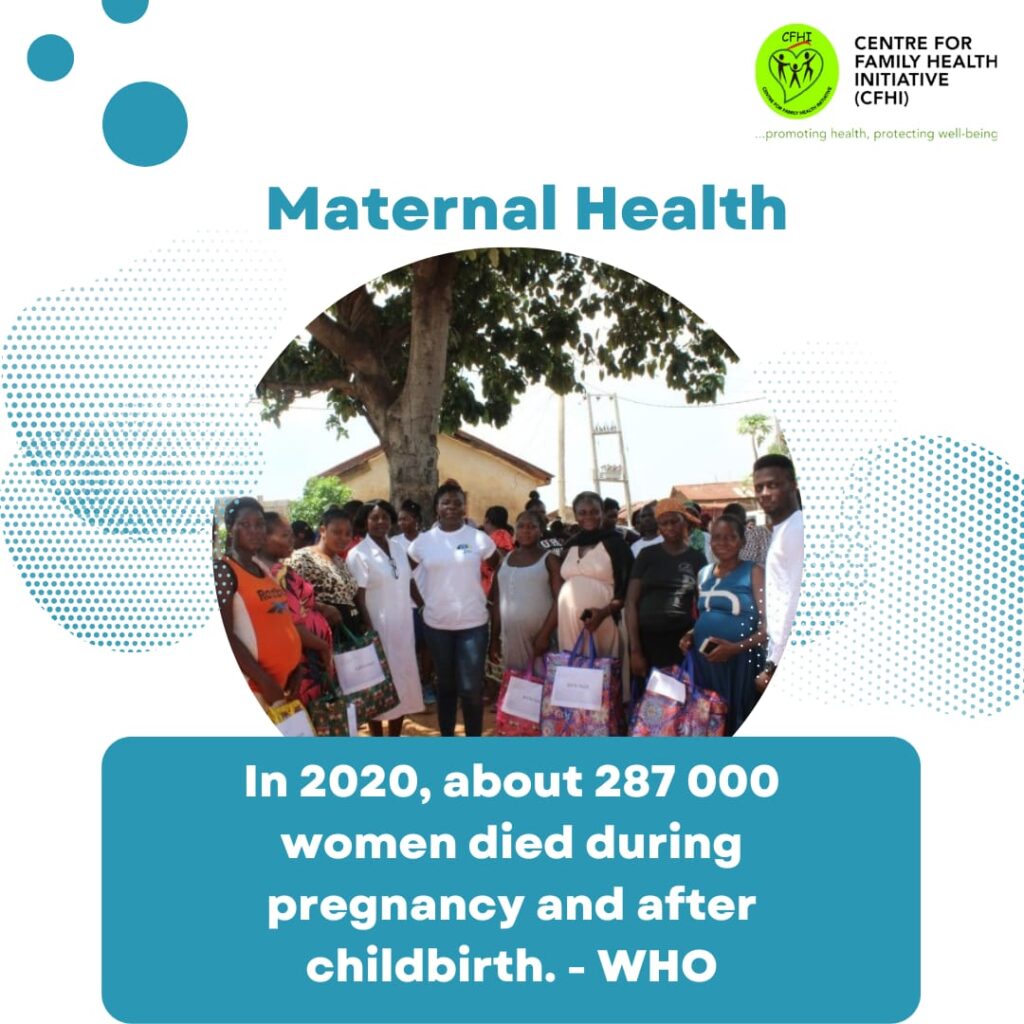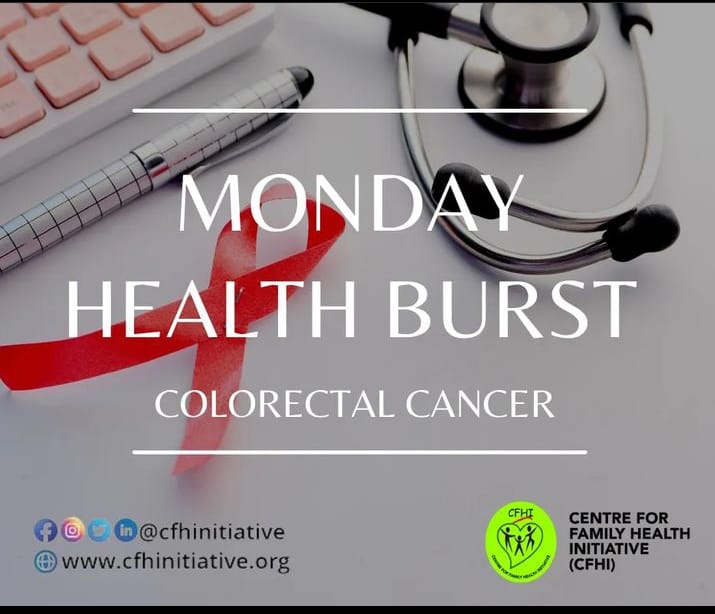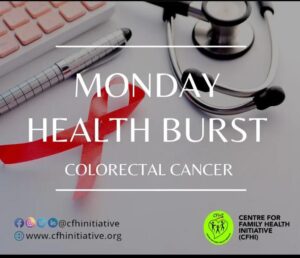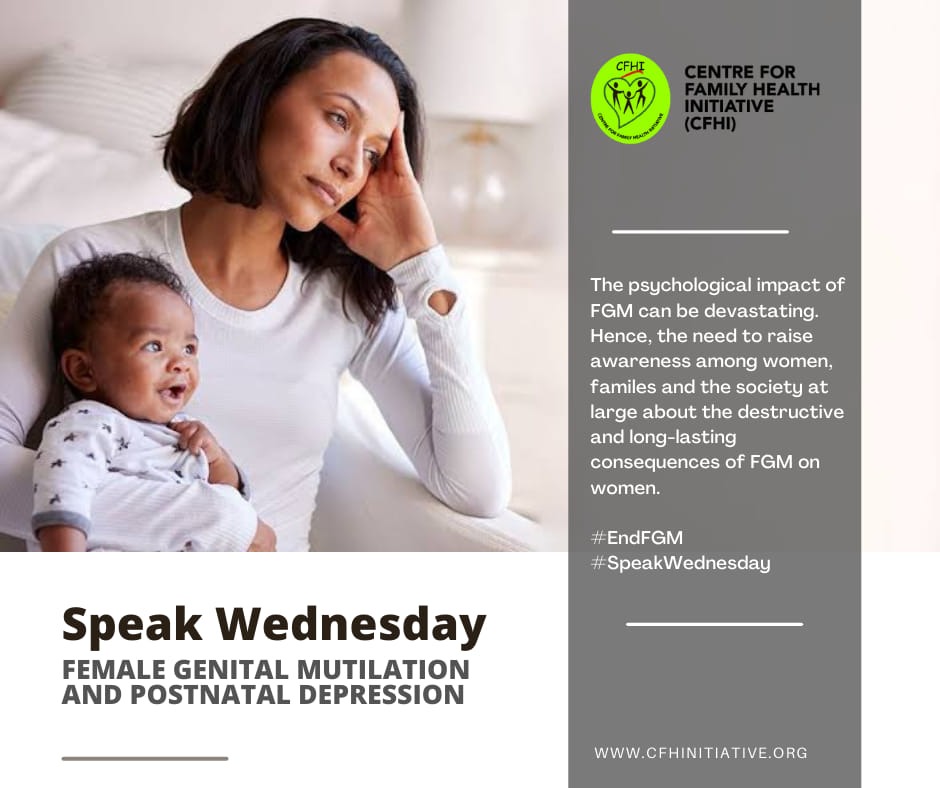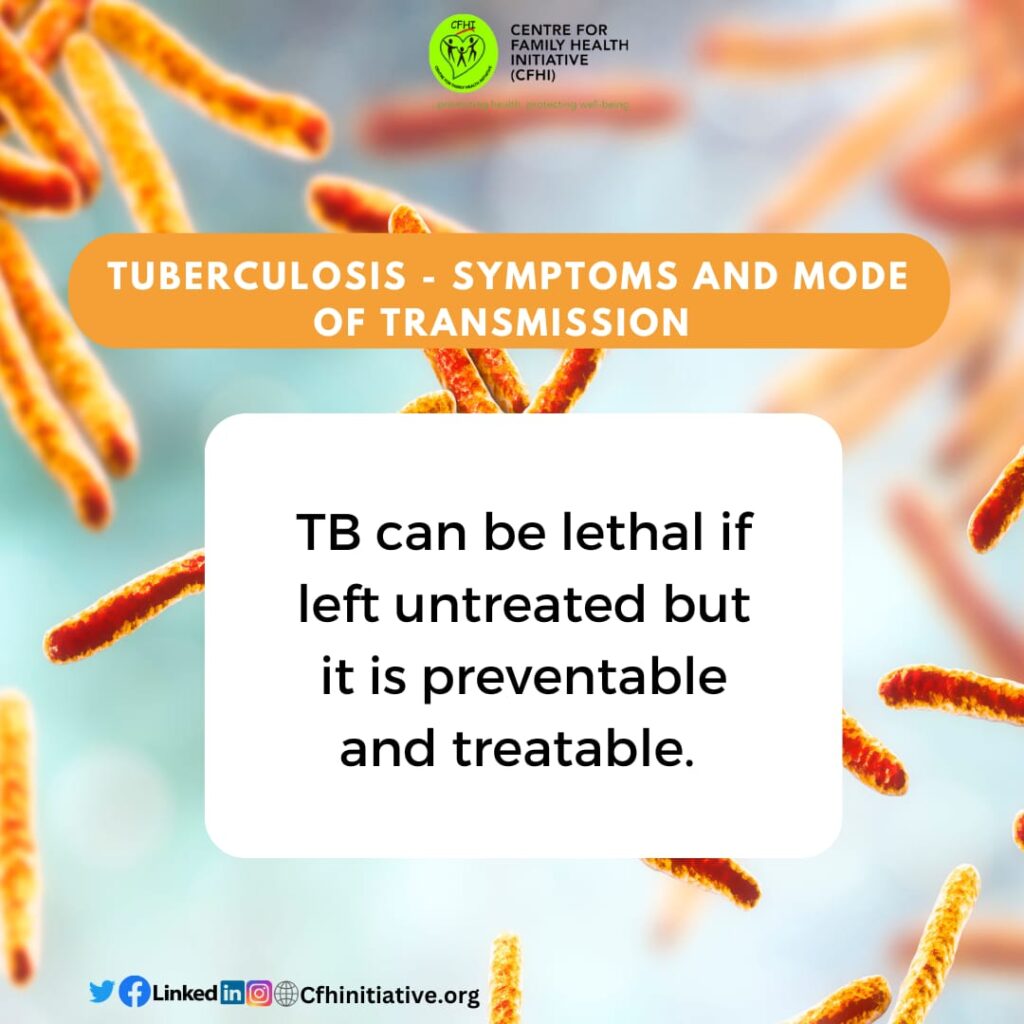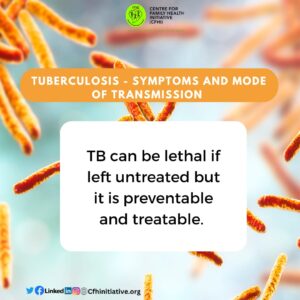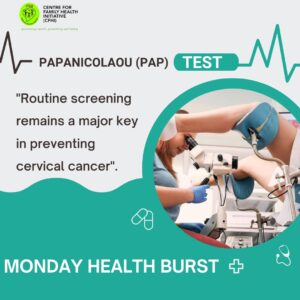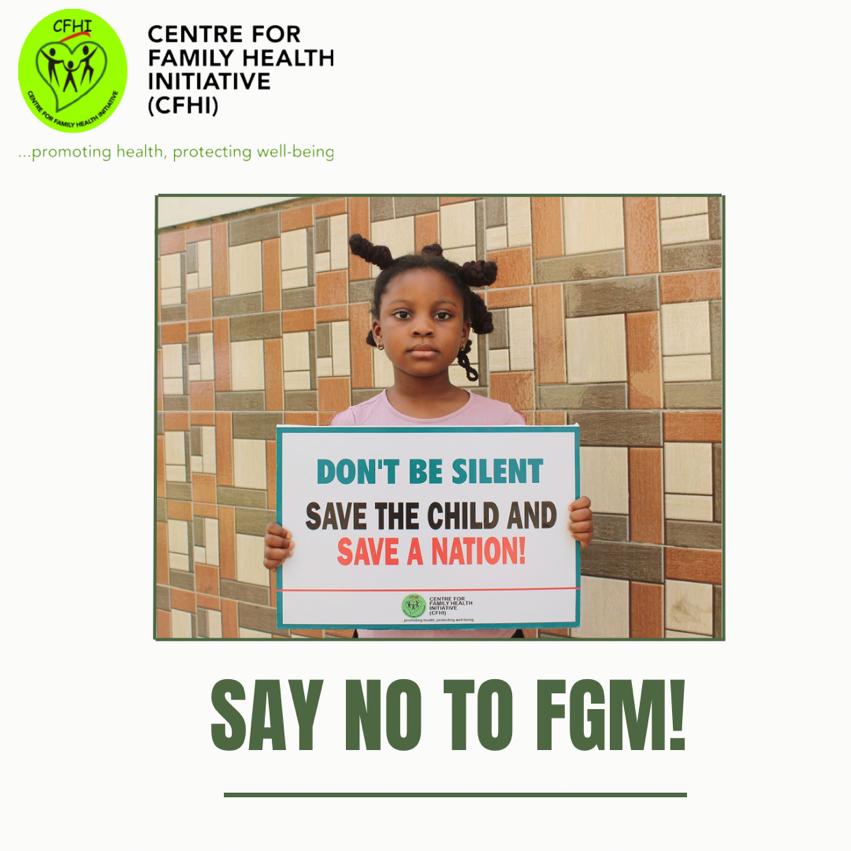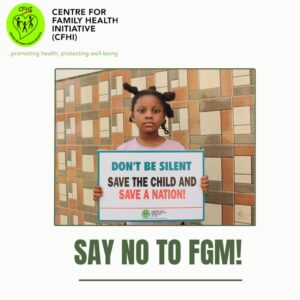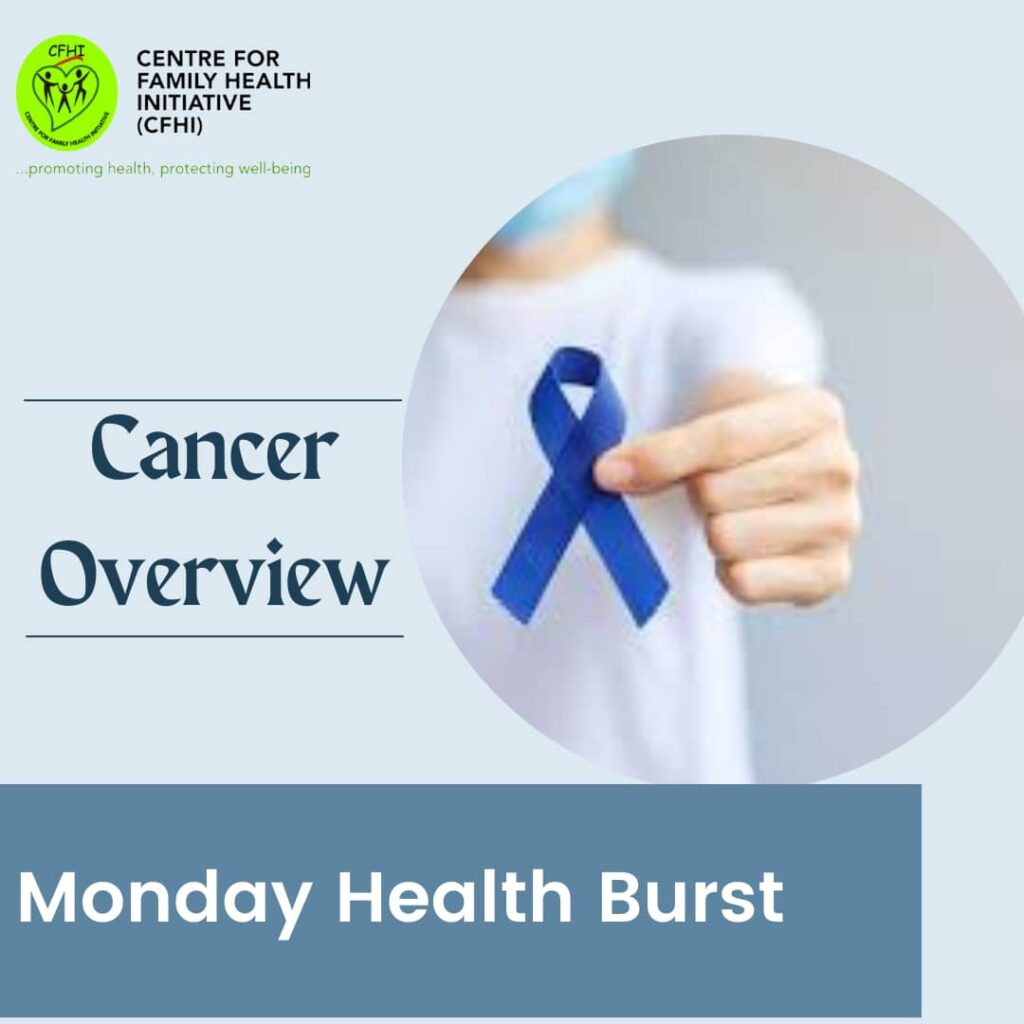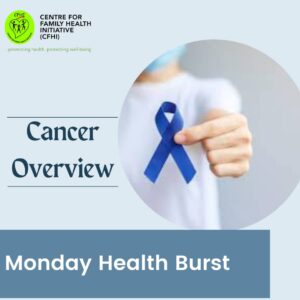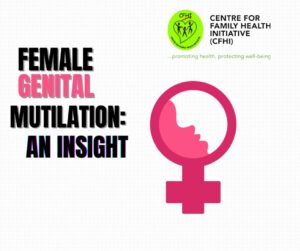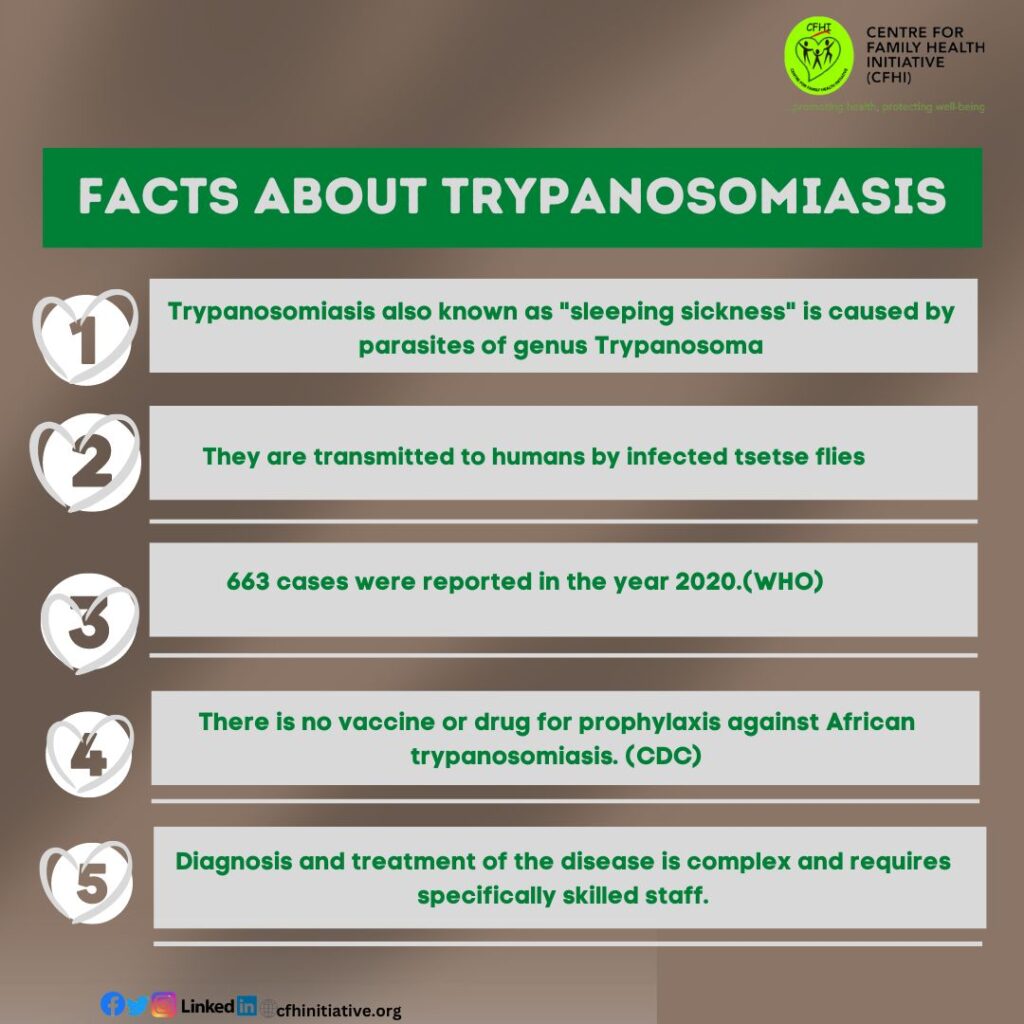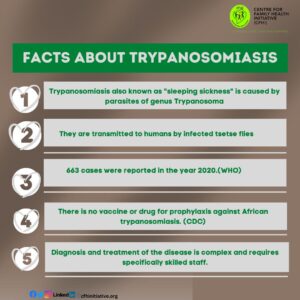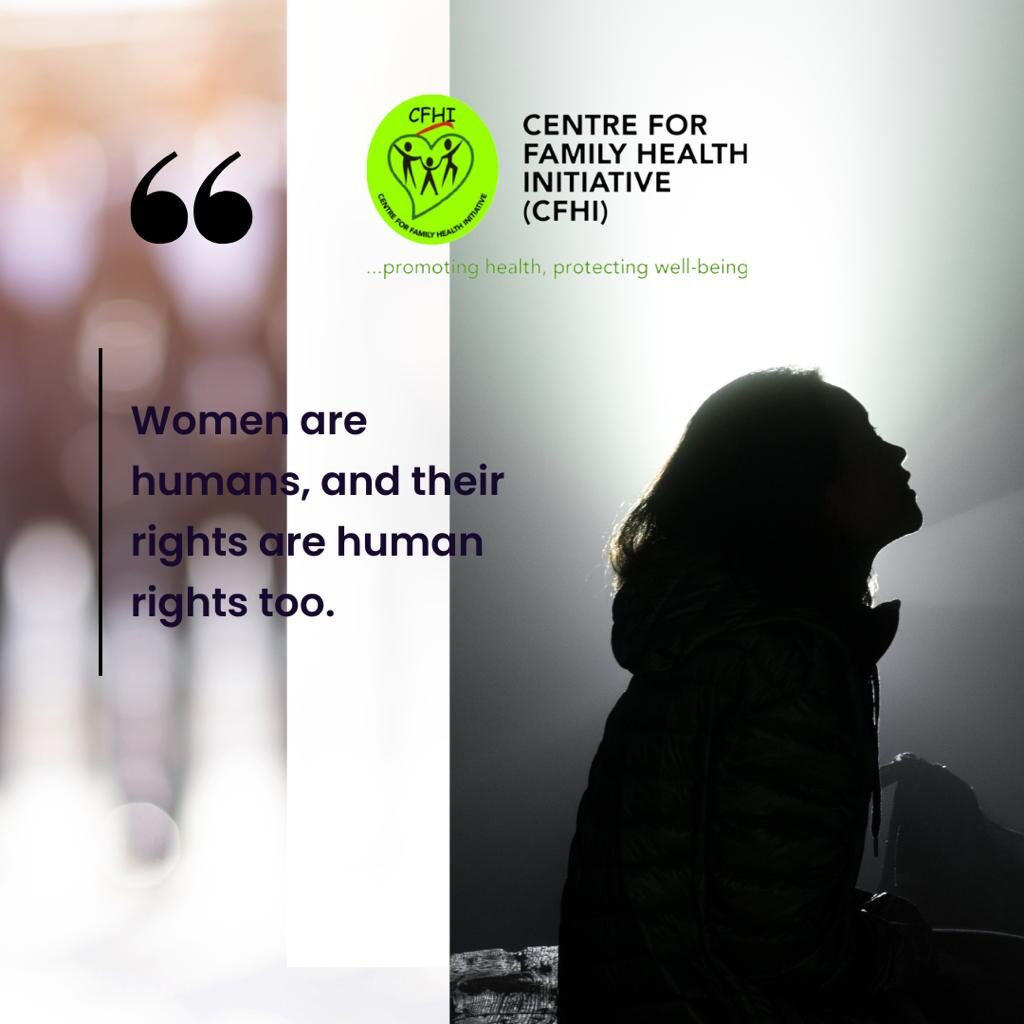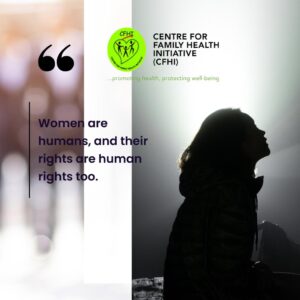MONDAY HEALTH BURST ON MATERNAL HEALTH
Maternal health refers to the health of women during pregnancy, childbirth and the postnatal period.
In 2020, about 287 000 women died during pregnancy and after childbirth – World Health Organization (WHO).
The most prevalent direct causes of maternal injury and mortality are excessive blood loss, infection, high blood pressure, botched abortion, and obstructed labor, as well as indirect factors including anemia, malaria, and heart disease.
Efforts to improve maternal health have shown promising results. For instance, the global maternal mortality ratio has declined by 38% since 2000, and more women are now accessing skilled maternal health services. However, much more needs to be done to ensure that all women have access to quality maternal health care.
As a way of improving maternal health, CFHI have reached more than two thousand five hundred women of reproductive age (15-49 years) in different communities with awareness/sensitization campaign on quality maternal and child health care, donated birth kits to expectant mothers and in collaboration with TY Danjuma Foundation provided capacity building training for 150 unskilled community birth attendants on Basic Maternal Health Care, Documentation and Effective Referral System in Imo State.
In conclusion, maternal health is a critical aspect of public health and a human right. To improve maternal health outcomes, interventions must focus on improving access to quality maternal health services, strengthening health systems, and addressing social determinants of health. With concerted efforts, it is possible to achieve significant improvements in maternal health outcomes.
#MondayHealthBurst #MaternalHealth
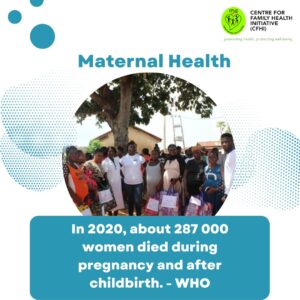
MONDAY HEALTH BURST ON MATERNAL HEALTH Read More »

